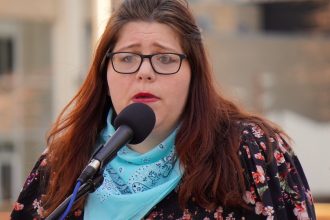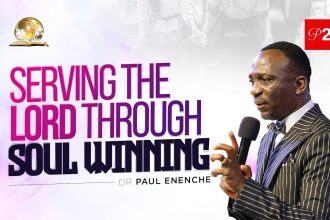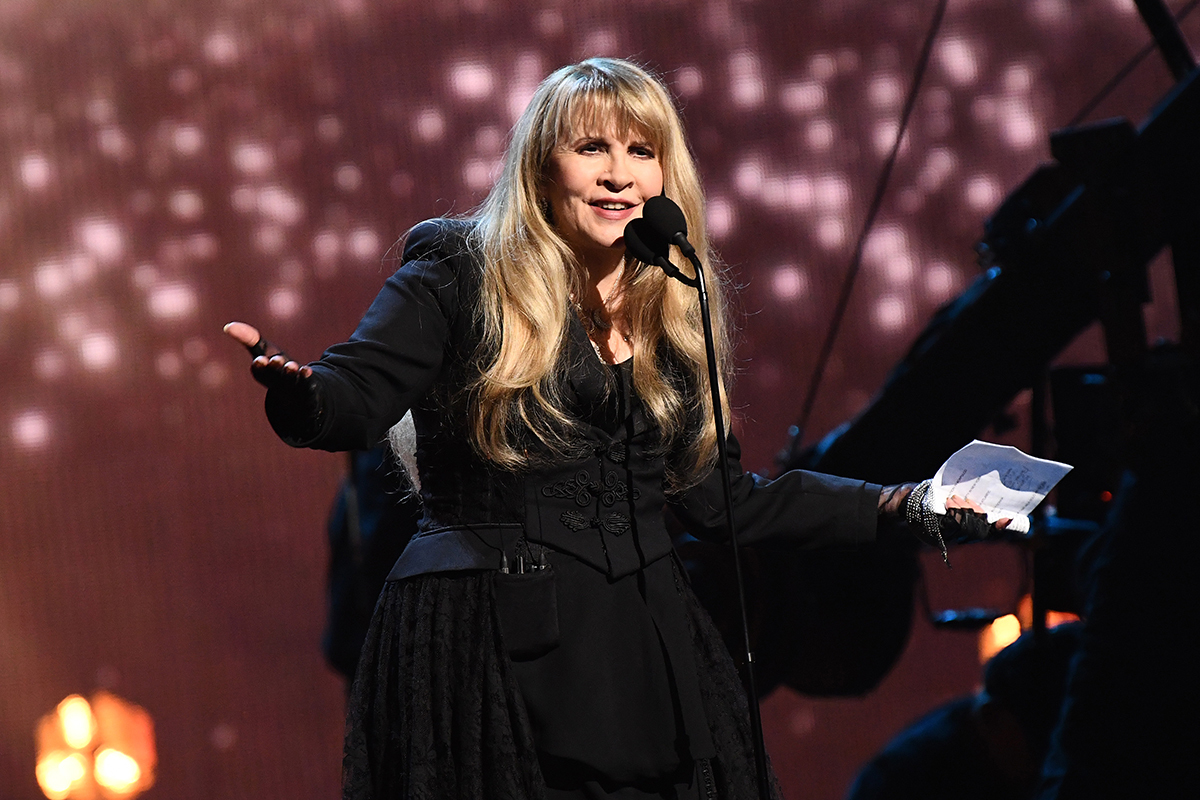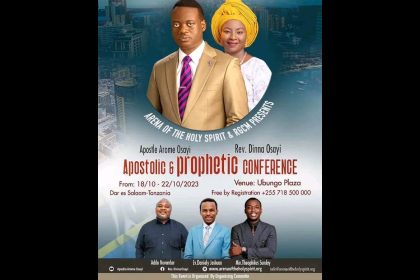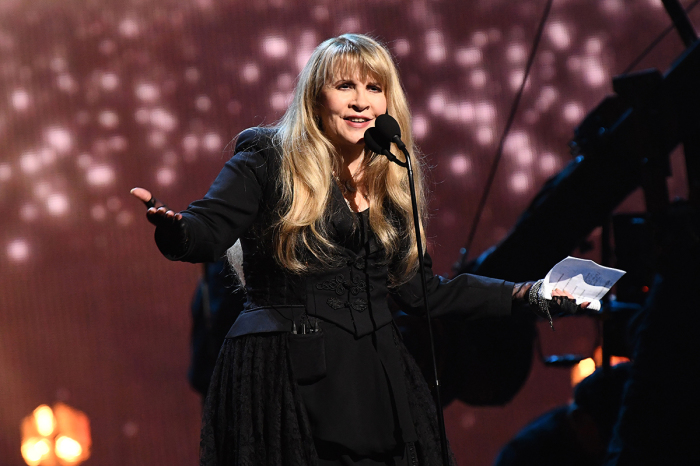
Stevie Nicks has released a new song to protest the U.S. Supreme Court’s overturning of Roe v. Wade, and said writing the single might be “the most important thing I’ve ever done.”
Nicks, who’s best known for being a member of the band Fleetwood Mac, discussed her new single “The Lighthouse” in an interview with People magazine. In that interview, she said the song was written in 2022, shortly after the Supreme Court determined that the U.S. Constitution does not contain a right to abortion and overturned the Roe v. Wade ruling that legalized abortion nationwide.
Nicks suggested that writing “The Lighthouse” might be “the most important thing I ever do.” Characterizing the single as an “anthem,” she highlighted her desire to “stand up for the women of the United States and their daughters and granddaughters — and the men that love them.”
The song’s lyrics declare: “Don’t close your eyes and hope for the best/ The dark is out there/ The light is going fast/ Until the final hours.” Nicks then sings, “Your life’s forever changed/ And all the rights that you had yesterday/ Are taken away/ And now you’re afraid/ You should be afraid,” and instructs listeners to “take it back.”
While the song doesn’t explicitly mention abortion, the music video accompanying the song makes clear what the topic is. Featuring pictures from pro-abortion demonstrations and dark imagery designed to convey a dystopian atmosphere, the video also shows a pregnant woman with the words “My choice” written on her stomach.
“I find it very sad, at 76 years old, I had to see Roe v. Wade taken away,” Nicks told People. “Two years ago, when I realized the consequences of women’s rights that are vanishing, I watched a lot of news, and I was like a sponge — it just went into me.”
Nicks recalled how, “One morning I woke up … which, I never write when I wake up in the morning, and all of a sudden went, ‘I have my scars, I have my scars.’ So I just grabbed my notebook and started writing the whole thing,” she said about “The Lighthouse.” She described the song as a “long-form poem,” adding, “I didn’t know what kind of song that would be.”
“I found an instrumental that I loved and within two or three days, I had recorded the song,” she added. “I never redid the vocal — it’s an original vocal — and it’s taken me two years.”
Nicks said several other notable artists collaborated with her on the single, including Sheryl Crow: “I’ve been touring solidly for two years, so the whole time, we’ve been working on this song. I never thought it would take two years to get to the point where it was perfect.”
“All the stories that we tell about the necessity for women’s healthcare and the necessity for a safe and legal abortion option for women is absolutely necessary,” she insisted. “It seemed like overnight, people were saying, ‘What can we, as a collective force, do about this … ’ For me, it was to write a song.”
Nicks had previously spoken about her personal experience with abortion in 2020, detailing in an interview with The Guardian how she had an abortion in 1979 when Fleetwood Mac was at the height of its success.
She justified the termination of her pregnancy as a necessary career move: “If I had not had that abortion, I’m pretty sure there would have been no Fleetwood Mac. There’s just no way that I could have had a child then, working as hard as we worked constantly.”
The singer also contended that having the abortion was “really important” because “the music we were going to bring to the world was going to heal so many people’s hearts and make people so happy” and there “was not another band in the world that has two lead women singers, two lead women writers.”
In an interview with Billboard six years earlier, Nicks acknowledged that the Fleetwood Mac song “Sara” was written about the unborn child she conceived with fellow musician Don Henley: “Had I married Don and had that baby, and had she been a girl, I would have named her Sara.”
Ryan Foley is a reporter for The Christian Post. He can be reached at: ryan.foley@christianpost.com


